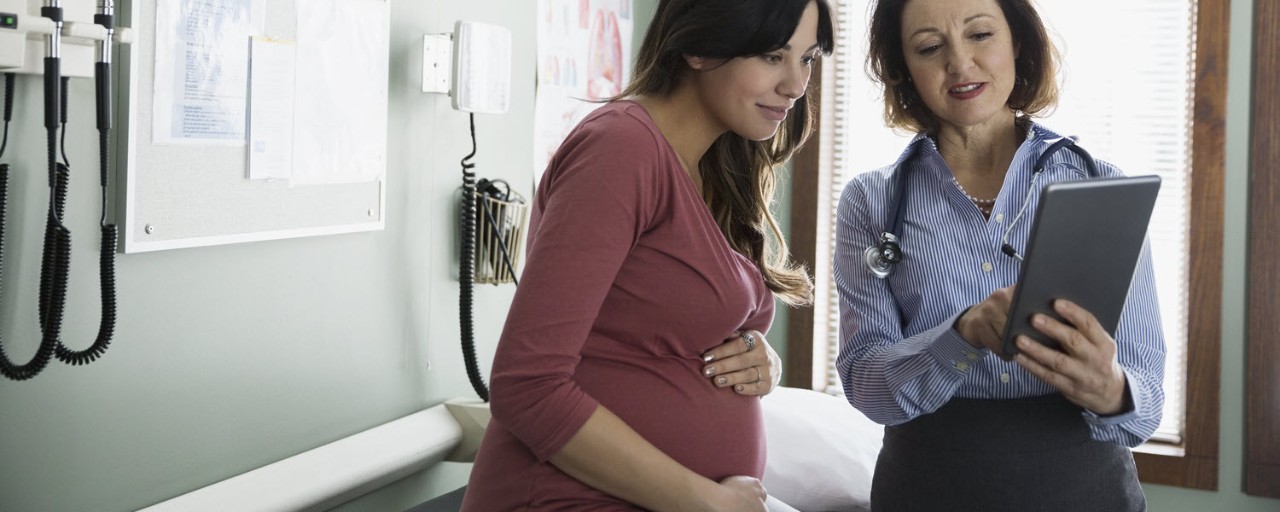
Important Health Screenings for Women
Work with your doctor to get the screenings that are right for you
When it comes to some aspects of health and wellness, men and women are not created equal. Women’s bodies can bear and feed a child; they can be at higher risk for some conditions than men; and some diseases are specific to female organs.
The United States Preventive Services Task Force (USPSTF) is a panel of medical experts who volunteer their time to make evidence-based recommendations about health screenings. These recommendations are for people who don’t currently have any symptoms of the conditions being screened for. Health care providers often use these to make decisions about screenings for their patients. Other professional organizations, such as the American Cancer Society, also make recommendations. This article will focus on the USPTF guidelines only.
Breast cancer screening — The USPSTF recommends screening every two years for women ages 50–74. For women 40–49, screening is an individual choice. Women whose mother, sister or daughter has had breast cancer may benefit more from a screening than those at average risk. Talk to your doctor about what’s right for you. For women 75 and over, there is not enough evidence to support whether screening is useful or not.
Cervical cancer — Women 21–29 should be screened every three years with a Pap test. Women ages 30–65 should have either a Pap test every three years or a Pap plus a test for the HPV virus (a major risk factor for cervical cancer) every five years. For women ages 65 and older who have been screened regularly and are not at risk, no screening is necessary. Screening isn’t recommended for women of any age who have had a hysterectomy with removal of the cervix and who don’t have a history of a high-grade precancerous lesion.
Colorectal cancer — Screening for colon cancer should begin at age 50 and continue until age 75 for women at normal risk.
Depression — Providers should screen women for depression.
Diabetes — Women 40–70 who are overweight or obese should be screened for abnormal blood glucose, a sign of diabetes.
High blood pressure (hypertension) — Women 18 and older should be screened for high blood pressure.
Infectious/Sexually transmitted diseases —
- Hepatitis C — Anyone at high risk; a one-time screening for women born between 1945 and 1965 should be offered.
- HIV — Screening is recommended for all adults until age 65 and after age 65 for high-risk patients
- Chlamydia and gonorrhea — Sexually active women 24 and younger and sexually active women 24-plus who are at risk.
- Syphilis — Screening recommended only for women at high risk.
Osteoporosis — Bone density should be checked in all women age 65 and older. Younger women should be screened if they are post-menopausal and at higher risk.
These are not the only screenings that are important for women. And some of these recommendations apply to men, too. In addition, pregnant women should have screenings recommended specifically for pregnancy. The recommendations listed here apply to people who are at average risk for the condition. Depending on your unique health situation, your doctor will help you understand what screenings are right for you and when you should have them. He or she may also follow different screening recommendations than those in this article. In any case, remember than screenings can help keep you healthy — and could even save your life.
By Laura Grathwol, Contributing Writer
Sources
United States Preventive Service Task Force. Information taken from many different pages throughout the site. Accessed June 2, 2018.
American Cancer Society. What every woman should know about cervical cancer. Accessed June 2, 2018.
Centers for Disease Control and Prevention. Women and heart disease fact sheet. Accessed June 2, 2018.
Last Updated July 13, 2018